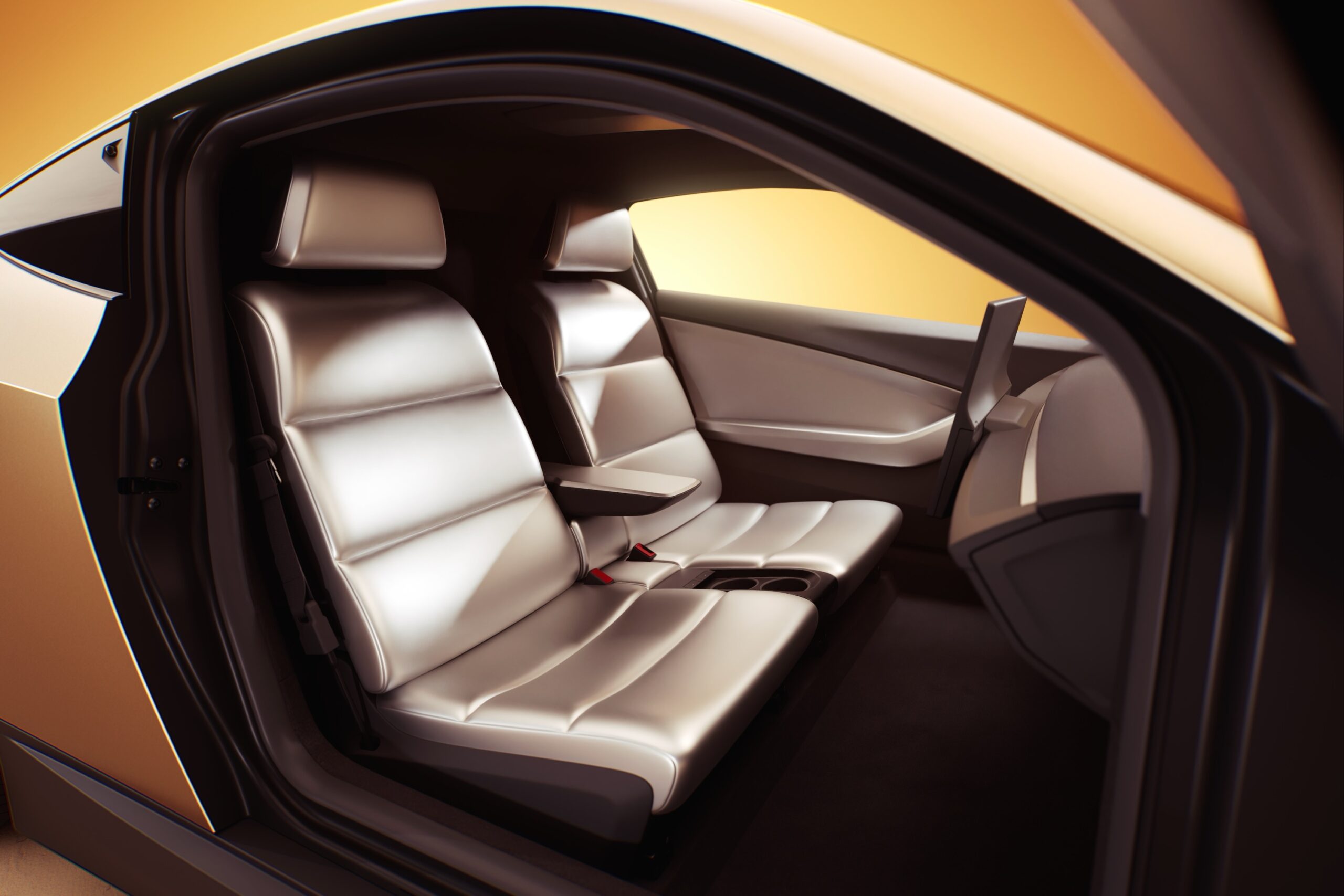“It’s going to be a glorious future,” Musk said, albeit not one that applies to families or groups of three or more.
Musk claims that Tesla “expects to start” fully unsupervised FSD next year on public roads in California and Texas. A recent analysis by an independent testing firm found the current build requires human intervention about once every 13 miles, often on roads it has used before.

Only being able to carry two occupants is pretty inefficient when a city bus can carry more than 80 passengers. Credit: Tesla
“Before 2027” should see the Cybercab, which Musk claims will be built in “very high volume.” Tesla-watchers will no doubt remember similar claims about the Model X, Model 3, Model Y, and most recently the Cybertruck, all of which faced lengthy delays as the car maker struggled to build them at scale. Later, Musk treated the audience to a video of an articulated robotic arm with a vacuum cleaner attachment cleaning the two-seat interior of the Cybercab. Whether this will be sold as an aftermarket accessory to Cybercab owners, or if they’re supposed to clean out their robotaxis by hand between trips, remains unclear at this time.
Musk also debuted another autonomous concept, the Robovan. It’s a small bus with no visible wheels, but brightly lit interior room for up to 20 occupants. Musk said little about the Robovan and how it figures into Tesla’s future. In 2017 he revealed his dislike for public transport, saying “it’s a pain in the ass” and that other passengers could be serial killers.
After promising that “unsupervised FSD” is coming to all of Tesla’s five models—”now’s not the time for nuance,” Musk told a fan—he showed off a driverless minibus and then a horde of humanoid robots, which apparently leverage the same technology that Tesla says will be ready for autonomous driving with no supervision. These robots—”your own personal R2-D2,” he said—will apparently cost less than “$30,000” “long-term,” Musk claimed, adding that these would be the biggest product of all time, as all 8 billion people on earth would want one, then two, he predicted.